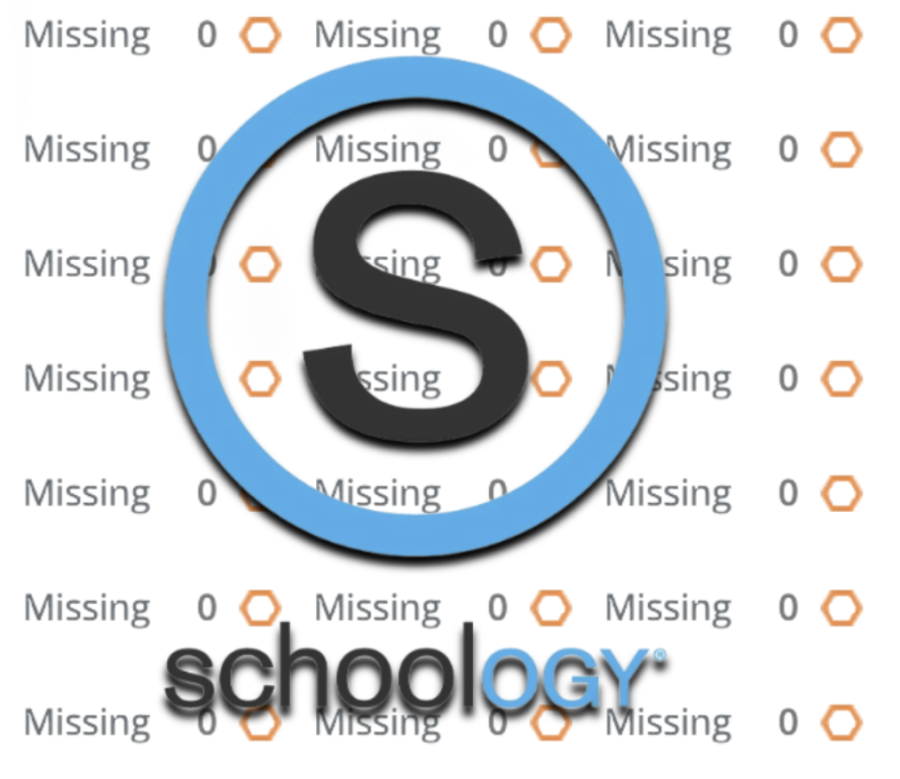A Lesson in Inverse Consequences: online learning tools
Burning the candle at both ends is defined by the Cambridge Dictionary as “To work or do other things from early in the morning until late at night and so get very little rest.”
The integration of online learning tools such as Schoology forces students to do just that. Regardless of intentions, it is detrimental to students’ desire to learn and grow.
Early this school year, it was revealed to students that any assignment missed due to absence would be marked as a zero. Zeroes are put in the grade book for assignments that are late, even if the student was not at fault.
The intention is to remind students to do their work. But when grades factor into things like eligibility the school cannot reasonably believe this wouldn’t overload students and stress them out.
In an environment where technology is the main driver of assignments, glitches, and errors are bound to happen. Not only is punishing students for these issues wrong, it actively adds stress to an already overworked student.
“It’s like, I submit it then the next morning I look and it’s not submitted because it didn’t load and I closed my computer or something,” said Junior Avery Lutkenhoff.
The prospect of parents and students being able to see grades almost immediately sounds great, however, when implemented it presents many unexpected consequences.
Parents often don’t understand the reasoning behind zeroes in the grade book, or why certain assignments don’t appear graded or submitted. While this is not the parents’ fault, this stresses out students.
“Then my parents look at it and are like, what is this overdue thing, and I’m like I swear I submitted it,” said Lutkenhoff.
Companies like Schoology need to make their platform clear to parents in order to avoid stress.
Another problem presented by instant grading is that parents and students constantly watch their grades, which pressures teachers to grade faster. When teachers are forced to grade faster they lose out on the opportunity to add feedback to assignments.
Students need constructive feedback in order to get every bit of knowledge they can out of an assignment. Sometimes students don’t know where to start in strengthening their understanding of the material without teacher input.
For added stress, with increased student productivity, teachers can have students work on more assignments than ever before, forcing them to exert more effort within the same time constraints as students in years before technology.
In an interview last year about MacBooks, Highlands Spanish teacher, Emily Haffey said, “I feel like when we used to plan, paper-pencil, everything was textbook driven. It would take a day to finish a worksheet or finish a couple of pages of a book, now we can do a couple of clicks of a computer and it’s over.”
Students also are often limited by a lack of hands-on work. Many students learn better from a more tangible activity or assignment.
“It’s more convenient, but in the end, it’s like, not as easy to do because it’s all in one thing and I can’t do hands-on things,” said Lutkenhoff.
Online learning is the future but making sure it is useful and constructive should be priority number 1. Updating these tools without addressing these issues will only further the gap between students and where they are expected to be.
Your donation will support the student journalists of Highlands High School. Your contribution will allow us to cover our annual website hosting costs.



